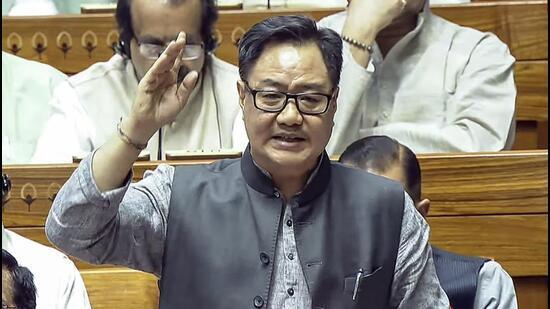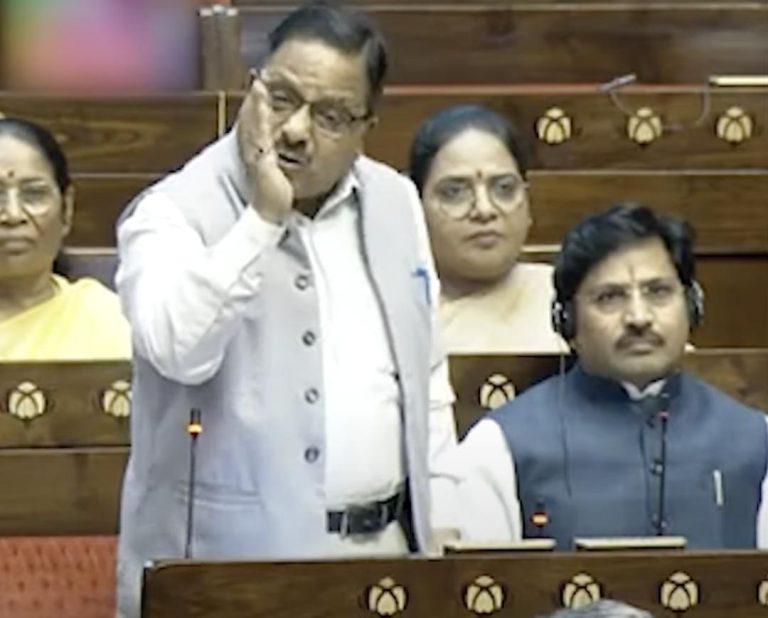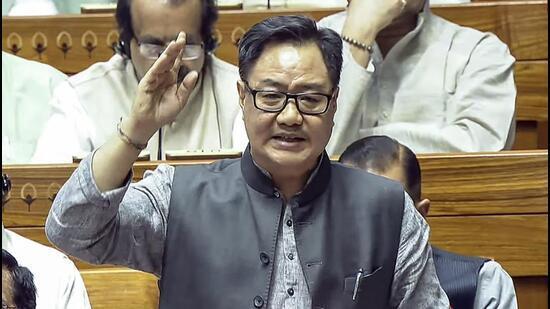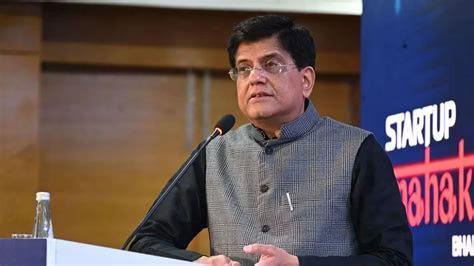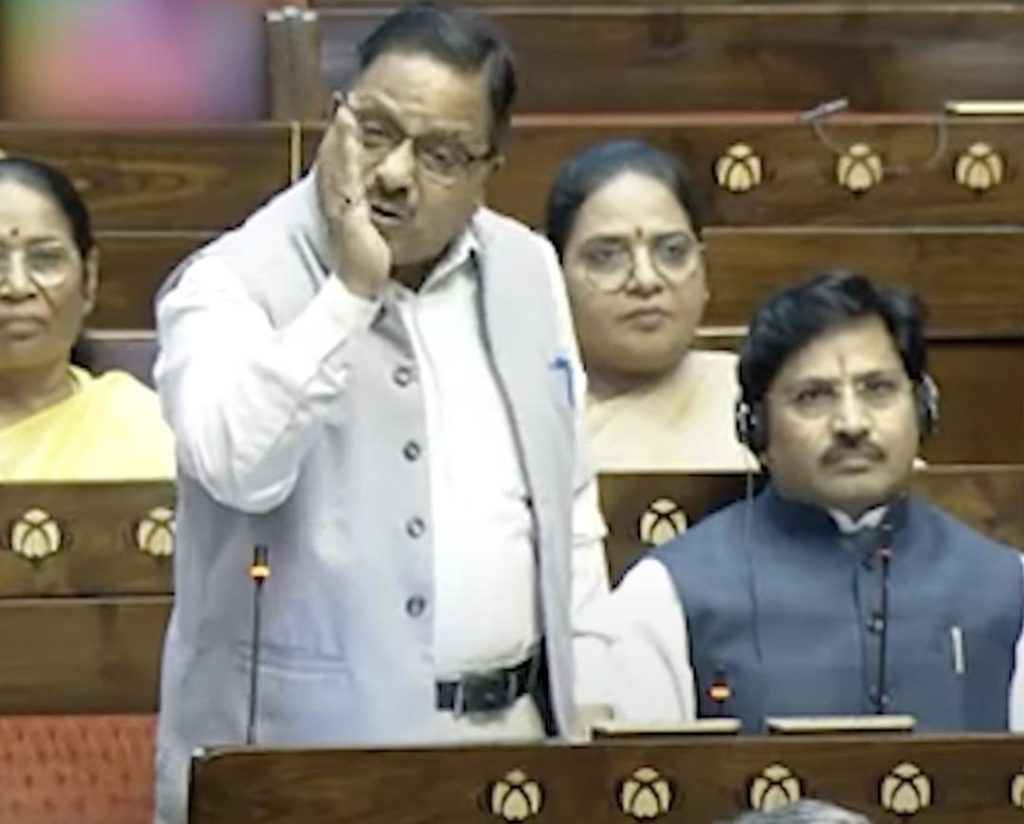
Title: Should I Read the Quran and Tell You What’s Written in It: BJP MP Radha Mohan Das on Waqf Bill
The Waqf Bill, which aims to reform the management of Waqf properties, has been a topic of heated debate in India. Recently, during a discussion on the bill, BJP MP Radha Mohan Das sparked controversy by asking if he should read the Quran and tell what is written in it. In this blog post, we will explore the context of his statement and what it means for the ongoing debate on the Waqf Bill.
Context of the Statement
Radha Mohan Das, a BJP MP from Uttar Pradesh, made the statement during a discussion on the Waqf Bill in the Lok Sabha. The bill aims to reform the management of Waqf properties, which are religious endowments managed by the Waqf Board. The bill seeks to increase transparency and accountability in the management of these properties.
Das’s statement was made in response to allegations that the Waqf Board has been mismanaging its properties and that there is a lack of transparency in its functioning. He questioned the Waqf Board’s claim that it has a large number of properties under its management, but lacks records to prove it.
Das’s statement was met with strong reactions from opposition parties, who accused him of trying to communalize the issue and create a rift between religious communities. The Congress party’s spokesperson, Randeep Surjewala, tweeted that Das’s statement was “an attempt to create a Hindu-Muslim divide” and that it was “unbecoming of a Member of Parliament”.
What Does the Quran Say?
Das’s statement was based on a verse from the Quran that says that even if one rupee is given to anyone, there should be a written record. This verse is often cited by scholars and theologians as a principle of Islamic law, which emphasizes the importance of written documentation in financial transactions.
In the context of the Waqf Bill, Das’s statement was aimed at highlighting the lack of transparency and accountability in the management of Waqf properties. He was suggesting that the Waqf Board’s claim of having a large number of properties under its management was not supported by written records, and that this was in violation of the principle of written documentation outlined in the Quran.
Implications of the Statement
Das’s statement has sparked a heated debate on the Waqf Bill and the management of Waqf properties. Some have argued that his statement was an attempt to communalize the issue and create a rift between religious communities, while others have seen it as a legitimate criticism of the Waqf Board’s lack of transparency and accountability.
The statement has also raised questions about the role of religion in public life and the limits of religious expression in political discourse. While Das’s statement was based on a verse from the Quran, some have argued that it was an attempt to impose a particular religious perspective on the debate, and that this was not appropriate in a secular democracy.
Conclusion
Radha Mohan Das’s statement asking if he should read the Quran and tell what is written in it has sparked a heated debate on the Waqf Bill and the management of Waqf properties. While his statement was based on a principle of Islamic law, some have seen it as an attempt to communalize the issue and create a rift between religious communities.
As the debate on the Waqf Bill continues, it is important to remember that the issue is not just about religion, but also about transparency and accountability in the management of public property. The Waqf Bill aims to reform the management of Waqf properties and increase transparency and accountability in their management. Ultimately, the success of the bill will depend on the ability of all stakeholders to work together to find a solution that is fair and just for all.
News Source:
